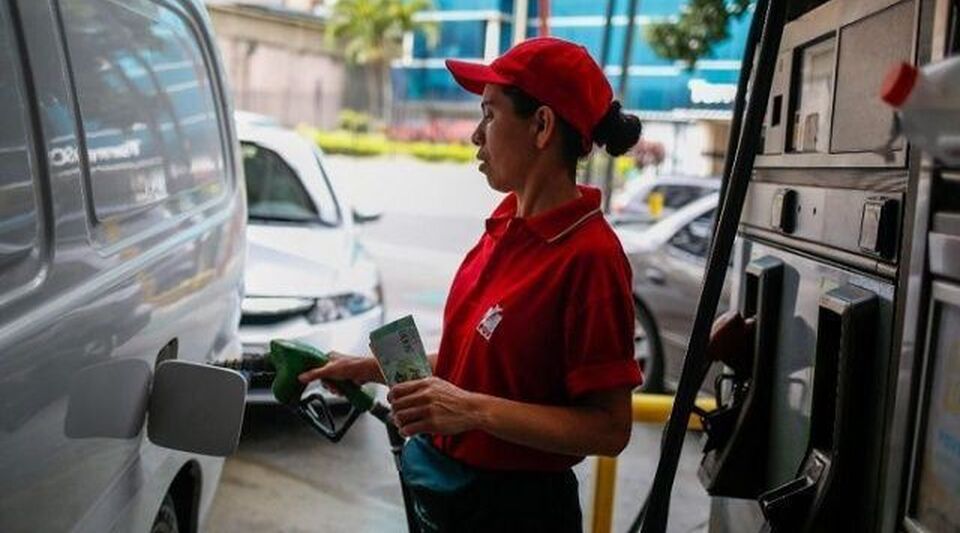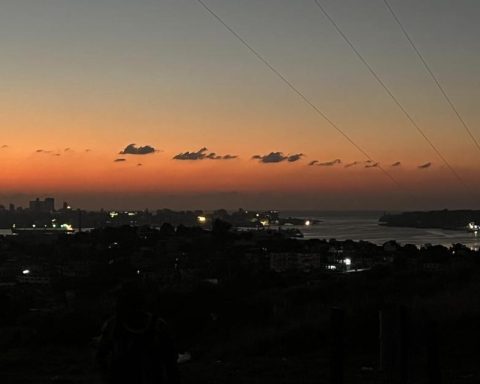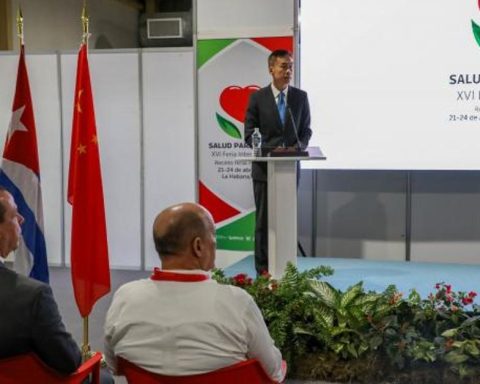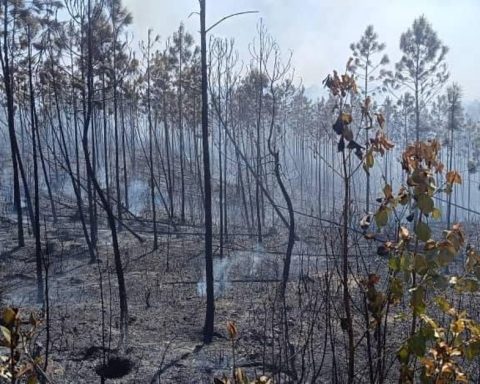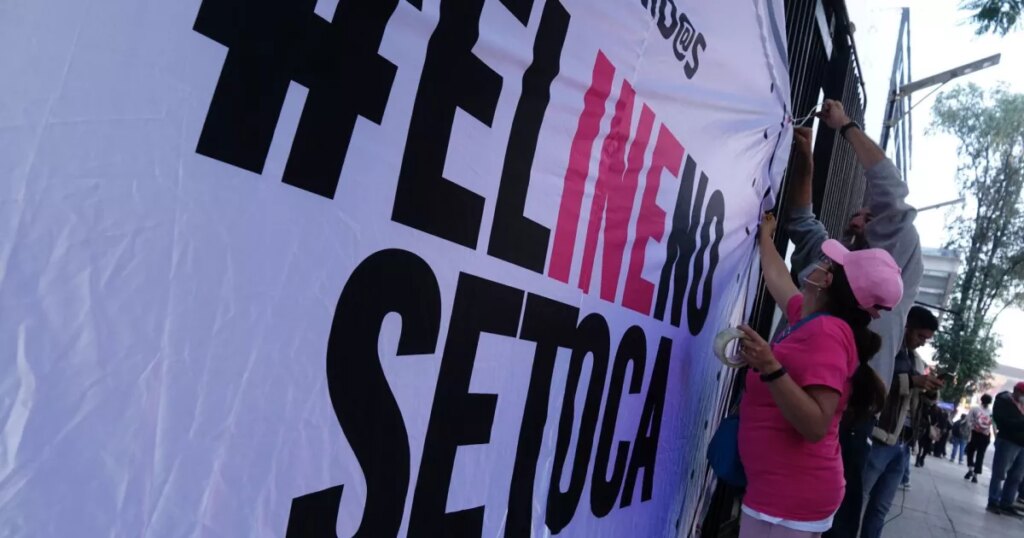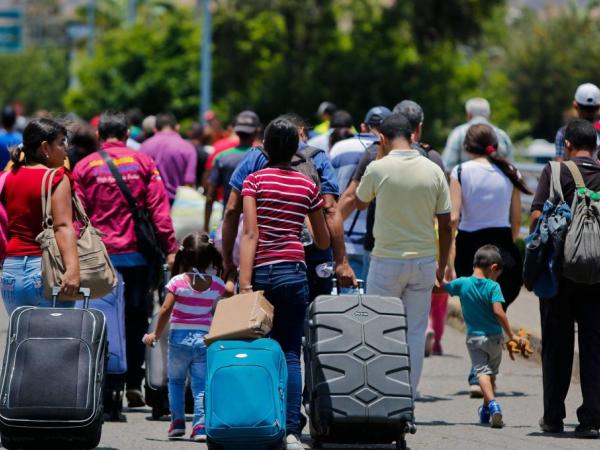
The lack of gasoline in Venezuela, alleviated until recently, worsened this December in a large part of the nation and generated long lines to refuel, just on the 20th anniversary of an oil strike that forced the country, then the fifth largest exporter of crude of the world, to import fuel, a need that persists today.
The service stations are a scenario that, in the midst of waiting, takes Venezuelans back to December 2002, when the internal distribution of fuel was affected after the directors of the state-owned PDVSA joined a general strike promoted by the opposition against then President Hugo Chávez.
In the oil state of Zulia (northwest), José Hernández, a 50-year-old paramedic who was waiting in line to fill an ambulance tank, recalled that the shortage during the strike was “catastrophic”, almost like the one that is ” living right now.”
“I think that (the queues) are already becoming (becoming) almost the same, because I come from Sabaneta (another area of Maracaibo) and all the service stations are collapsed,” the man, who had been in the service for almost four hours, told EFE. the line, in which he still had thirty vehicles ahead.
“Silver (money) is not enough for you at all, (so) it hits harder because you have to sacrifice 20 dollars (for 40 liters) that you can very easily use at home for any need”
In Maracaibo, the capital of this border region with Colombia, fuel shortages –that had eased in the past year – It began to get worse at the beginning of December, which is evidenced by the queues of more than 200 vehicles, which can take more than three hours to reach the pumps, where, in addition, the supply is limited to 40 liters per car.
Joel Sandrea, 49, had been in a queue for more than seven hours, who feels that the current situation “hits harder” than 20 years ago, having to pay $0.50 a liter for gasoline, which two decades ago had a subsidized and much lower price.
“Silver (money) is not enough for you at all, (so) it hits harder because you have to sacrifice 20 dollars (for 40 liters) that you can very easily use at home for any need,” he added.
Thus, Venezuelans once again face a related shortage, according to economist and oil analyst Pilar Navarro, with a temporary shutdown at the country’s largest refinery, Amuay, due to a breakdown, something that PDVSA has not confirmed.
In December 2002, oil production fell to 757,000 barrels per day (bpd) after registering a level of about 2.9 million bpd the previous month, according to data released at the time by the Organization of the Petroleum Exporting Countries ( OPEC).
Today crude oil production is even below the level to which it fell 20 years ago, closing November at 693,000 bpd
Today crude oil production is even below the level to which it fell 20 years ago, closing November at 693,000 bpd, according to the international organization.
The Venezuelan oil industry, after having been one of the strongest in the world, collapsed, especially in the last five years, due to the lack of investment, the reduction of qualified human resources, management, corruption and, more recently, the sanctions imposed by the United States, according to specialists.
Navarro pointed out that the production of refined products went from 965,000 bpd in 2002 –before the strike– “to being practically non-existent in recent years”, which is why the country stopped “covering (in its entirety) the internal demand for fuels and export”, and began to “depend on imports of diluents and gasoline”, which come mainly from Iran.
The Medley Advisors analyst for Latin America indicated that the refining system currently operates at 15% of its installed capacity -1.30 million bpd-, and supplies the domestic market between 110,000 and 140,000 bpd, when national demand reaches 200,000 bpd. .
________________________
Collaborate with our work:
The team of 14ymedio He is committed to doing serious journalism that reflects the reality of deep Cuba. Thank you for accompanying us on this long road. We invite you to continue supporting us, but this time becoming a member of our newspaper. Together we can continue transforming journalism in Cuba.
